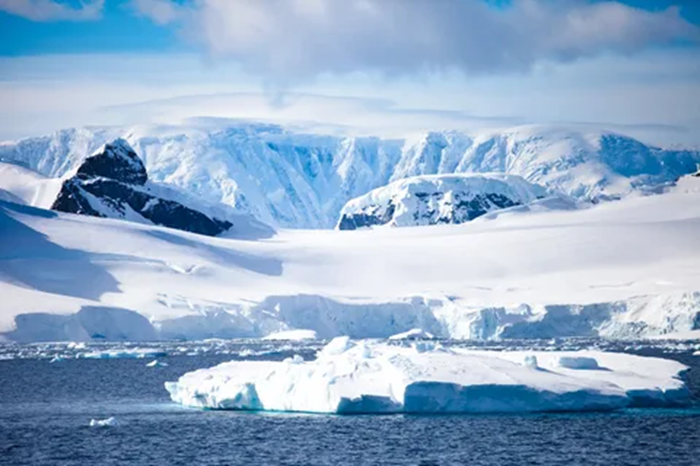Traveling to Antarctica is more than just a trip; it is an immersion into a world where nature still holds its pristine secrets.
Many seek solitude among the boundless expanses of snow-white ice and the purest air, while others are attracted by the opportunity to observe unique flora and fauna that are inaccessible in warmer corners of the world. Scientists and researchers strive to understand the complex processes occurring in the ecosystem and climate of Antarctica, which are of global significance. Antarctica evokes a powerful sense of admiration and humility in the face of its grandeur and power, promising adventures that cannot be found anywhere else on Earth. Expectations from the trip vary from the desire to experience extreme conditions to the desire to see one of the last virgin places on the planet.
For all its beauty and appeal, Antarctica is an environment with increased risks. Extremely low temperatures, unpredictable weather and the possibility of encountering ice barriers require serious preparation and compliance with safety measures. The lack of nearby medical facilities increases the risks in case of emergencies. Difficulty of navigation and potential isolation in case of bad weather conditions also add challenges. Traveling to Antarctica requires not only physical but also mental preparation, as well as a readiness to face the unexpected. It is important to choose your tour operator carefully and make sure that all necessary communication and rescue equipment is on board.

